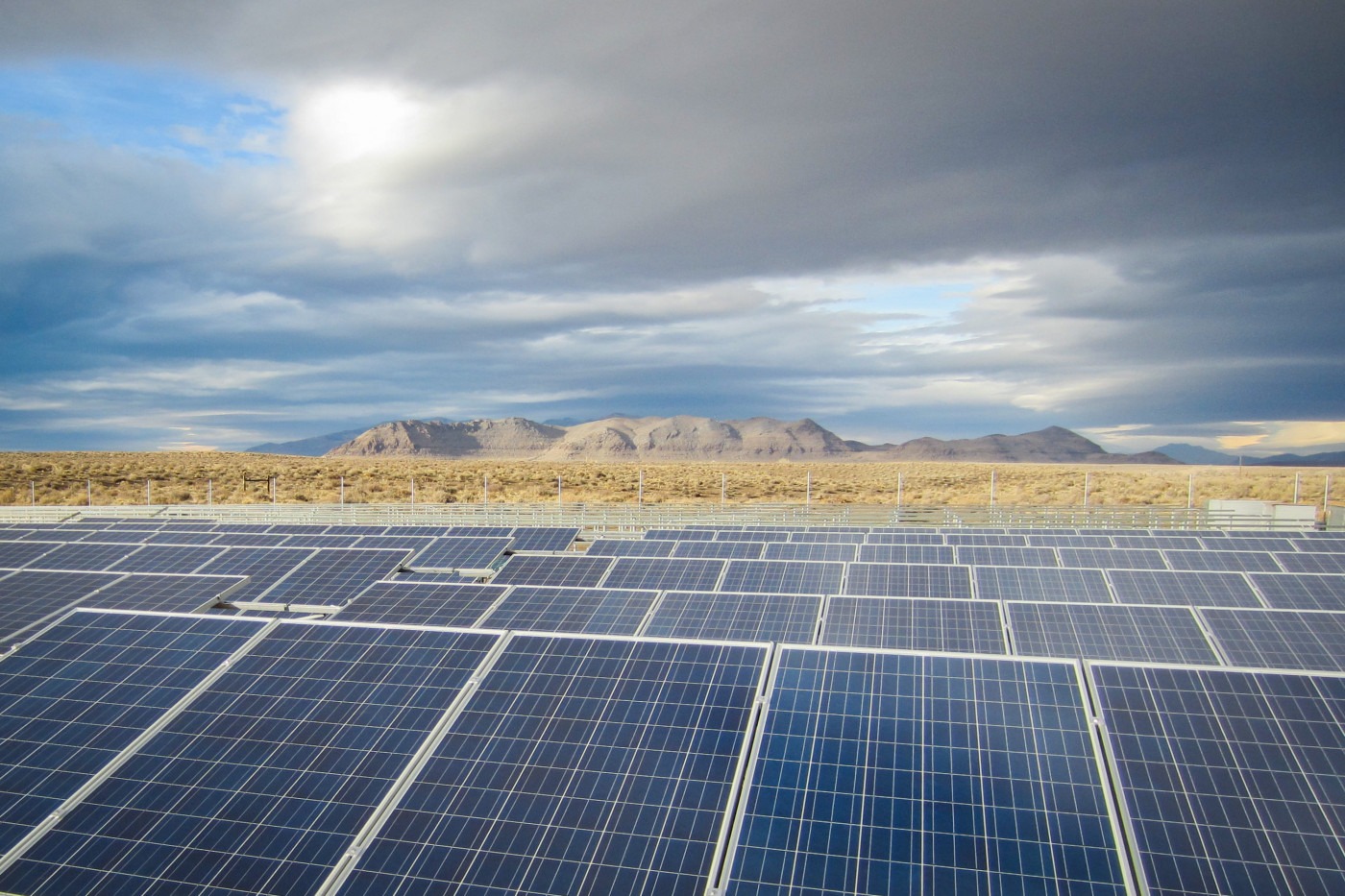A Silicon Valley in the desert: the story of Mexico
Mexico has lots to offer visitors, from walking along a sunny beach while the crystal blue sea laps at the shore to sipping on a bottle of icy local beer and enjoying the taste of a burrito. Despite that, Mexico is far more than a place of tourism and idyllic sandy beaches: it has become a hub for business and high-tech industries. If you forget your pandemic-inspired Netflix sessions watching Breaking Bad, there are far more interesting stories that can be told about this country.
The truth is that data doesn’t lie, and while some pro-Brexit politicians may beg to differ with that statement, in the case of Mexico, the data paints a picture of great potential. The peso has hit a record high against the US dollar since 1989, with the currency climbing a staggering 20% since 2022 compared to it. This rapid growth has been underpinned by an inflow of foreign direct investment (FDI) from major global firms investing in Mexico. Geopolitical tensions between China and the US, alongside growing labour costs in the former, have led companies like TSMC and Tesla to start shifting production away from China, and going all in on Mexico. In 2023, Tesla announced that it would invest $5 billion into battery plants in Mexico as part of its strategy to diversify and future-proof supply chains. This announcement was followed by a proposal from Foxconn (the iPhone supplier) to expand operations in Mexico with a new office, supporting investments worth $69 million in the last four years. This May, the US Department of State announced a collaboration by the US, Mexico, and key chip producers like TSMC to focus on expanding Mexico’s capacity to produce chips. This recent development may create a situation where Mexico will become a prime location for chip production in the coming years.
Mexico’s GDP grew by 3.2% in 2023, with forecasted growth in 2024 standing above 3%
If there was a hearing test for the sound of money, bankers might score 100%. The ears of major investment banks have pricked up due to strong economic metrics in Mexico alongside growing mergers and acquisitions (M&A) and initial public offering (IPO) activity. Recent labour reforms by Mexico’s government have resulted in falling inequality and growing household consumption, with stable, regulated financial markets creating an environment of high business confidence. Consumption as a share of GDP has risen in the past two years, with record-low unemployment giving households greater spending power. Mexico’s GDP grew by 3.2% in 2023, with forecasted growth in 2024 standing above 3%.
From JP Morgan to the Bank of America, big banks have taken notice of the opportunity presented by Mexico. The share of investment banking revenue from the Latin American region grew from 13% in 2022 to 20% in 2023. The influence of new corporate bonds and strong growth in IPO activity has boosted the revenues of investment banks, as Bank of America announced its largest increase in revenues from activity in Mexico. JP Morgan’s CEO, Jamie Dimon, said “Mexico may be the number one opportunity in the coming years.” His remarks came towards the end of 2023 when his company had 6,000 employees in Mexico. Economic data compiled by Refinitiv, a financial data platform, underscored that there were 127 deals announced in Mexico in 2023 valued at a total of $17.3 billion. Green finance is the hot topic today on Wall Street, so Mexico’s $1.6 billion solar panel project in the northern desert, managed by the state-owned electrical company, and other infrastructure deals like it, may be important in boosting the country’s green sector and complementing the growth in electric vehicle (EV) production.
Sheinbaum has reinforced the goal of growing Mexico’s renewable energy sector
Many sparks of hope can be found for a strong economic future in Mexico, with the recent election of Claudia Sheinbaum as the country’s next president. Yet, some of Sheinbaum’s policy positions have created some uncertainty in markets, with Mexican stocks falling by roughly 6% after the election. While Sheinbaum has reinforced the goal of growing Mexico’s renewable energy sector and continuing the policies of the current president – Andrés Manuel López Obrador, she recently commented that this should be led by the state rather than private firms. Moreover, she looks set to continue López Obrador’s efforts to limit checks and balances by amending Mexico’s constitution. It is early days for the incoming administration, leaving many questions about the path ahead and whether the country will be able to build upon its past performance.

Comments